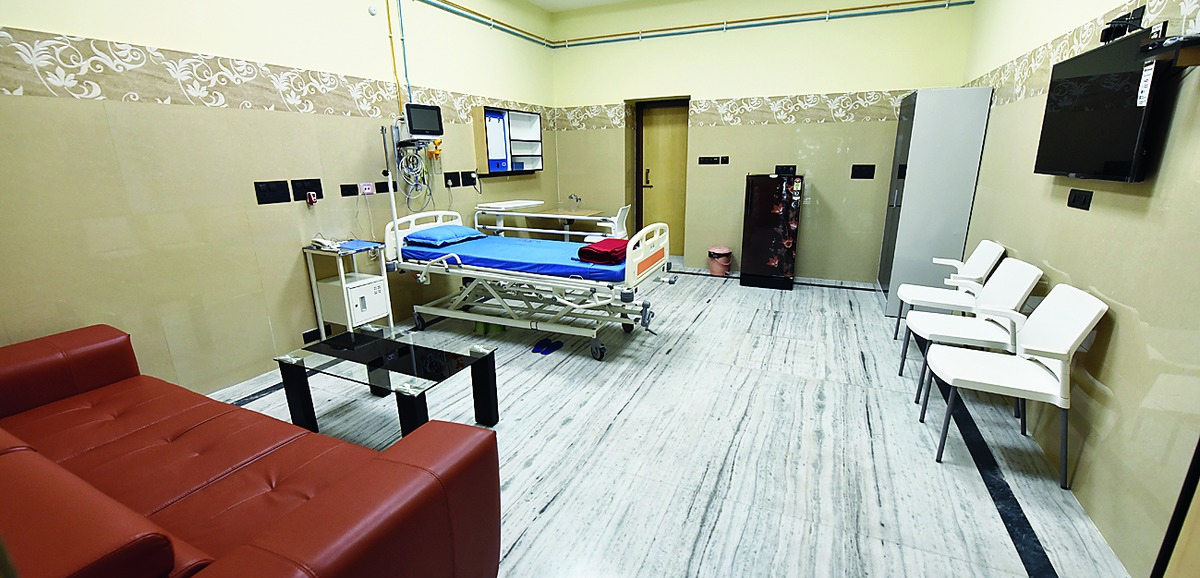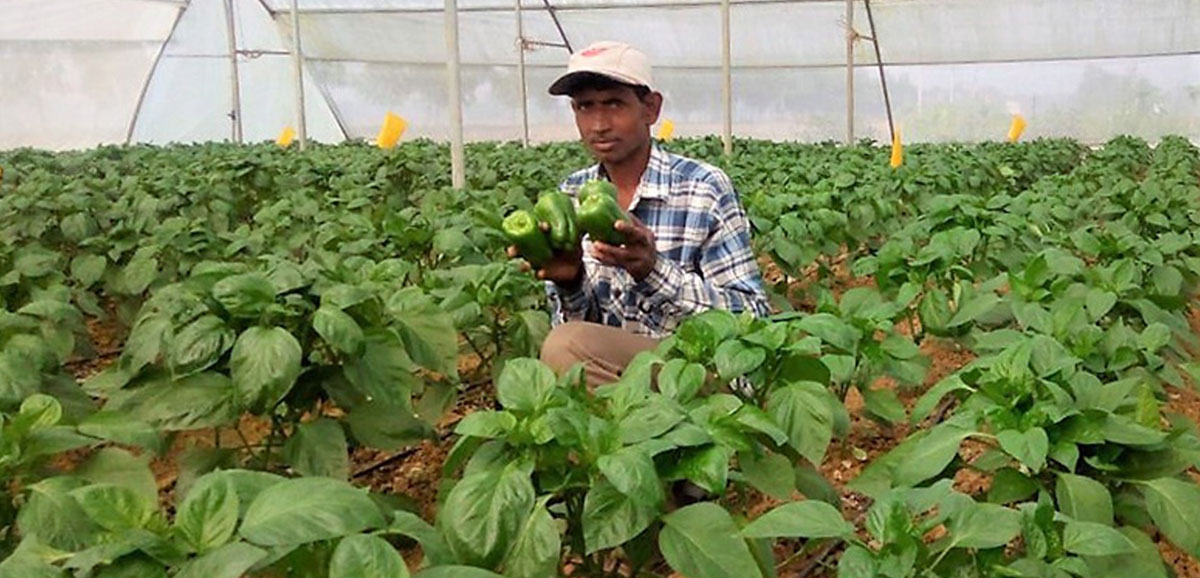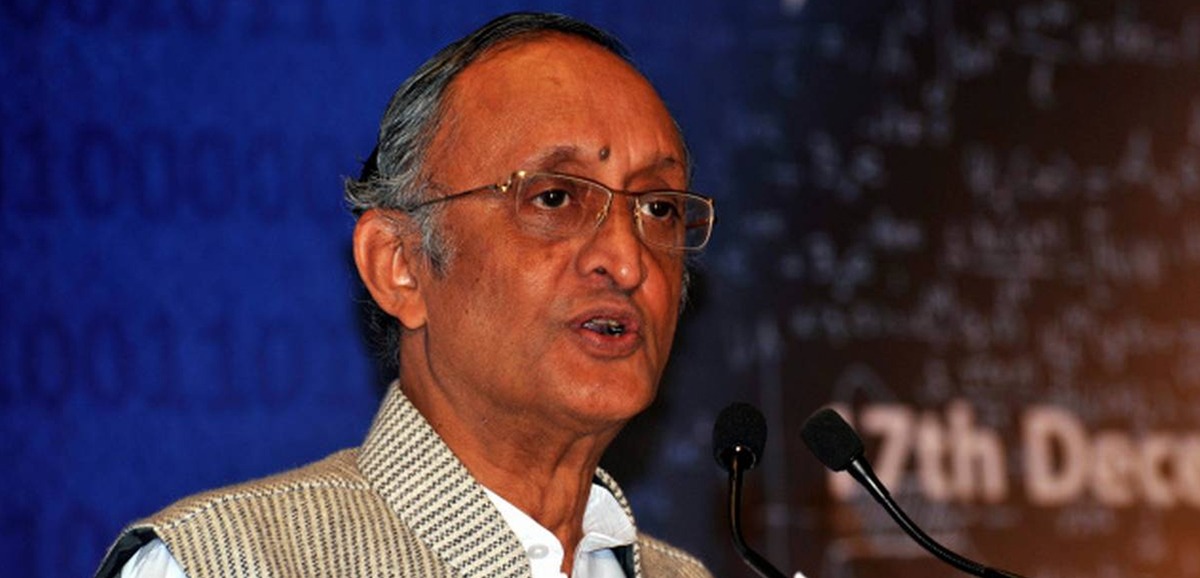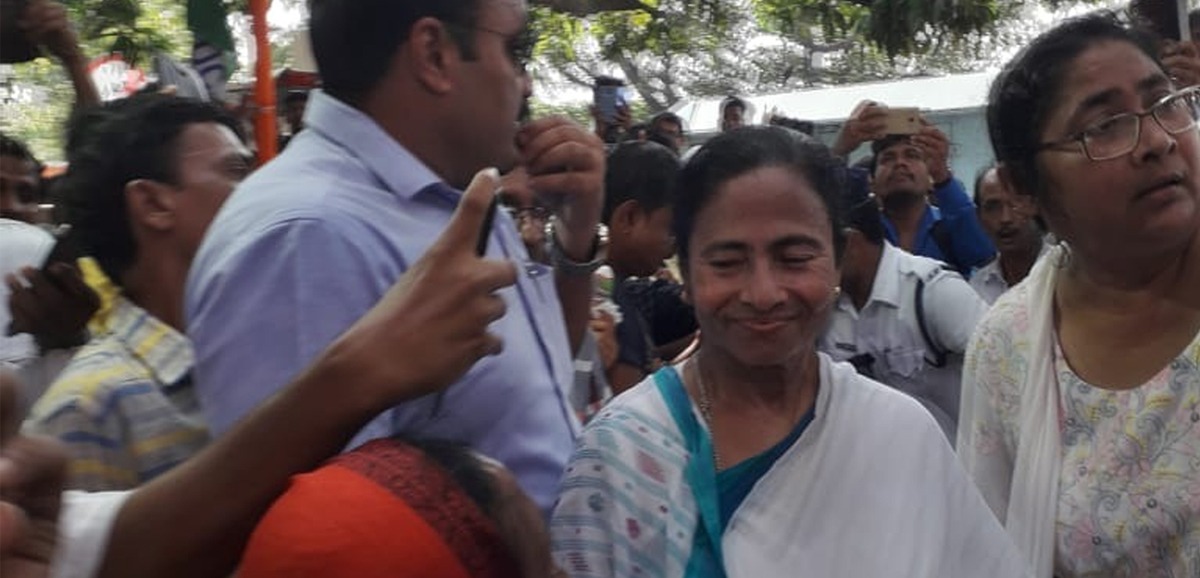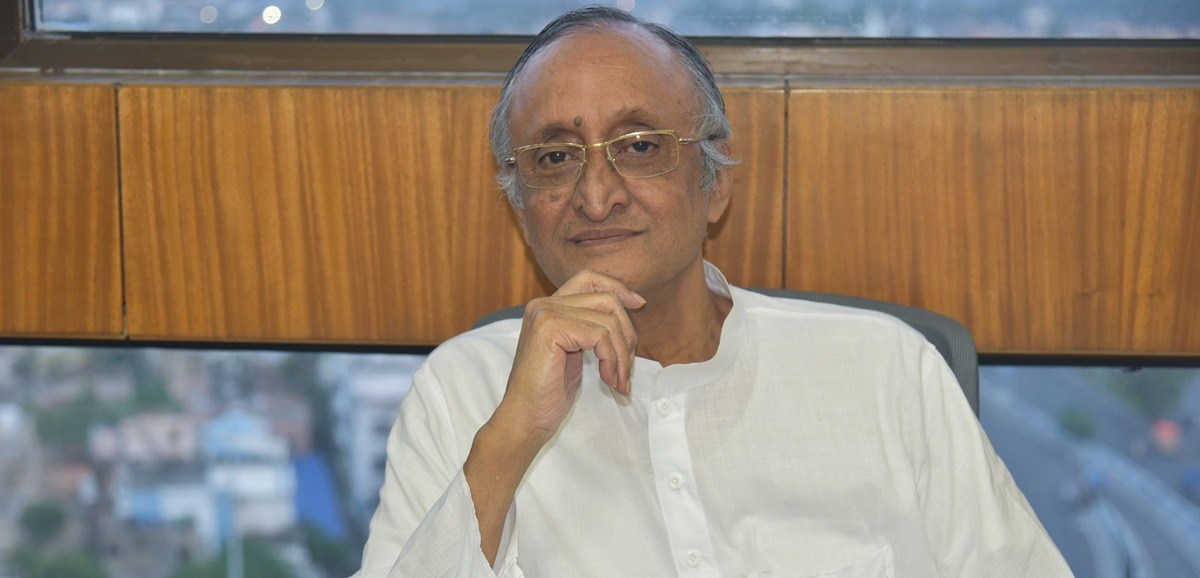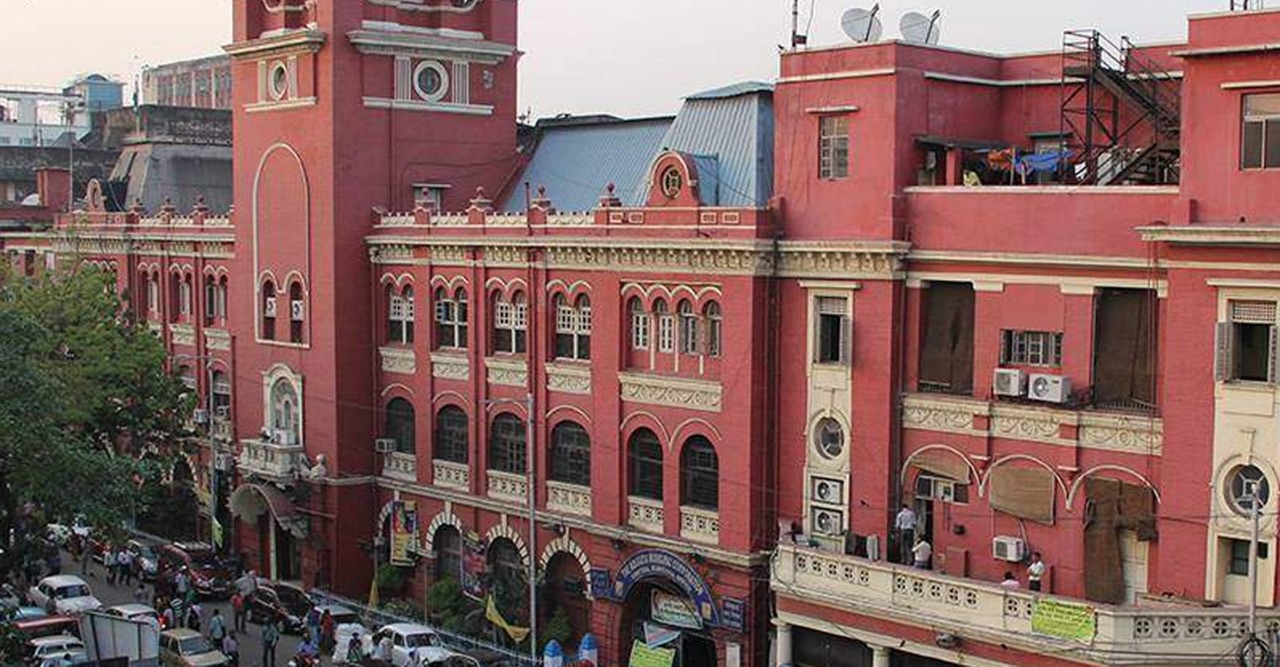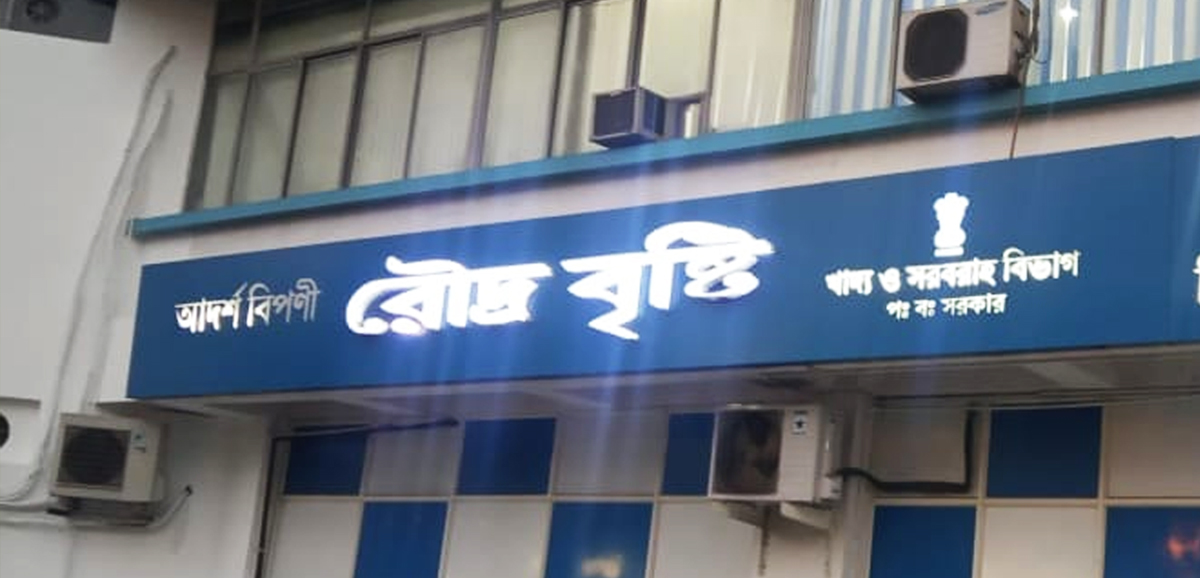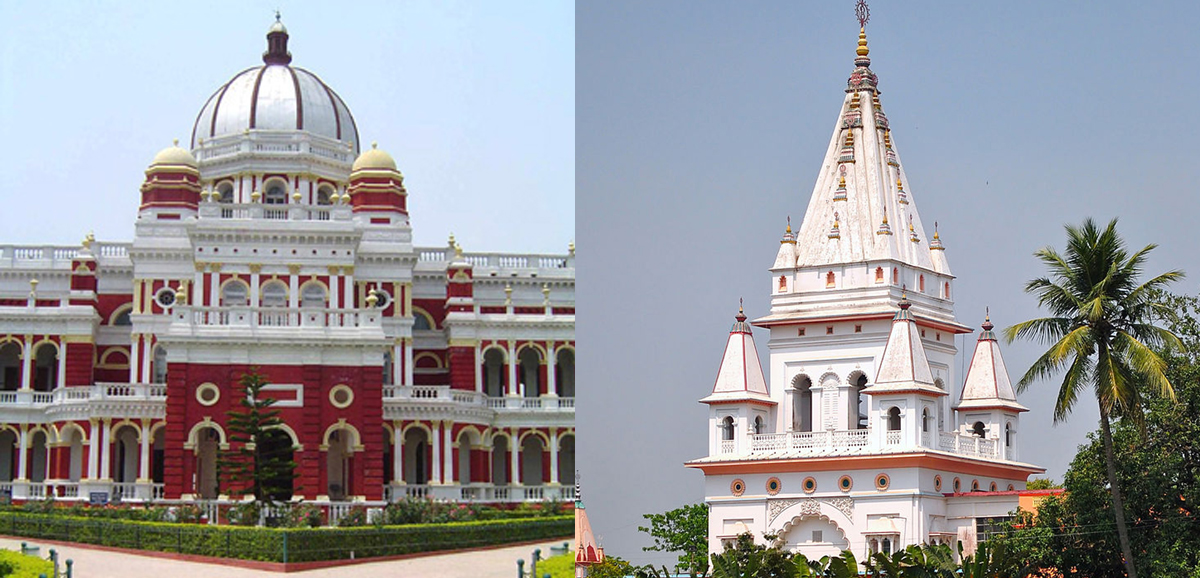The Bangla Government has started a project for supplementing farmers’ agricultural income with income from fish cultivation, and that too in organic form.
The State Agriculture and Fisheries Departments have jointly taken up this project in Malda district, to be taken up elsewhere later on. The project is part of the State’s Agricultural Technology Management Agency (ATMA) Scheme.
Boon for farmers
For small farmers, the income from agriculture, after deducting the cost of inputs, is not much. So, considering the demand for fish in the State (production is still less than the total demand), fishlings are being released in the flooded fields after the planting of paddy. And no pesticides are being allowed for the paddy or any chemicals for helping the fish to grow. So the entire process is organic and hence the end products would be extremely healthy.
Fish cultivation in parallel
Fish varieties being released include koi, singhi, magur, rohu and catla. The fish would also help the crops as they would eat away the pests and weeds that can hamper the growth of the paddy.
Canals and small waterbodies are being dug beside the plots so that when the water levels come down in the fields, the fish would be able to swim across to them.
For the farmers, for six to seven months the fish would grow alongside the crops. After the crops are cut and the fish are caught, the water in the canals can be used for cultivating vegetables.
The economics explained
Explaining the cost factor, the Malda district project director for the ATMA Scheme said: “On one bigha of land, at least 1,000 fishlings are released. Only three to four less rows of crops need to be planted per plot to accommodate the fish, as that portion is needed to cut canals around the plots. And if there are existing small waterbodies, even that amount of land is not required to be kept free.
“One bigha of land generally produces 20 to 22 mons of paddy (in the case of Malda), whose market price is Rs 15,000. This isn’t much. But if this is combined with fish cultivation, a substantial income is guaranteed. Rs 5,000 spent per bigha on cultivating fish would produce about five quintals of fish whose market price is Rs 50,000.
“To make it economical, cultivation would be done by combining a few plots. This would lead to joint ownership of the projects and would in turn lead to a decrease in the cost of agriculture.”

